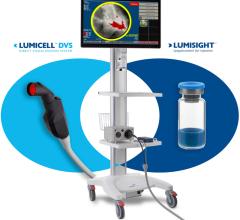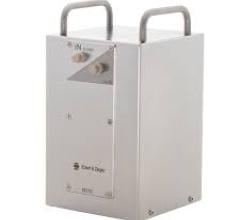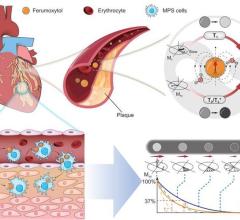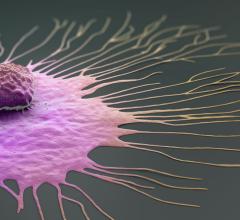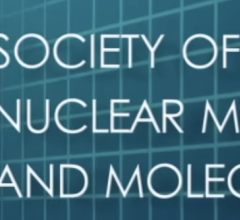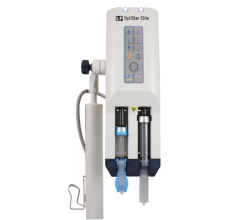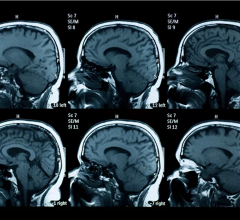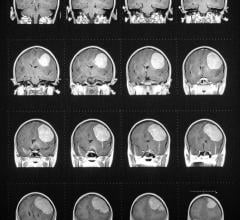September 24, 2008 - Philips Research and the University of Urbino (Urbino, Italy) this week signed a research agreement to study the encapsulation of magnetic nanoparticle contrast agents inside living blood cells to prolong the retention time of these agents in the blood.
Injected as free particles, magnetic nanoparticle contrast agents are quickly excreted from the blood via the patient’s liver, which limits their application. During the collaboration, the University of Urbino will investigate the integration of magnetic nanoparticles into red blood cells and their biological interactions in the human body, while Philips Research will evaluate the properties of these contrast agents in its medical scanners.
The collaboration between Philips Research and the University of Urbino will last for approximately two and a half years, with expected initial applications in the treatment of cardiovascular disease.
This healthcare research alliance follows the recently announced partnerships with West China Hospital in China, the University Medical Centers of Maastricht (the Netherlands) and Aachen (Germany), and the University Medical Center Utrecht in the Netherlands, to translate new concepts into clinical practice.
“Our close collaboration with Philips should speed the translation of our invention into clinical practice,” said professor Mauro Magnani, vice-rector of the University of Urbino and a project leader of the EU FP6 funded NACBO (Novel and Improved Nanomaterials, Chemistries and Apparatus for Nano-Biotechnology) project. “With our technology, the use of new biomimetic constructs that merge the properties of nanomaterials with those of living cells is finally possible, bringing the real advantages of nanomaterials for therapeutic and diagnostic applications to patients.”
For more information: www.research.philips.com


 July 09, 2024
July 09, 2024 

